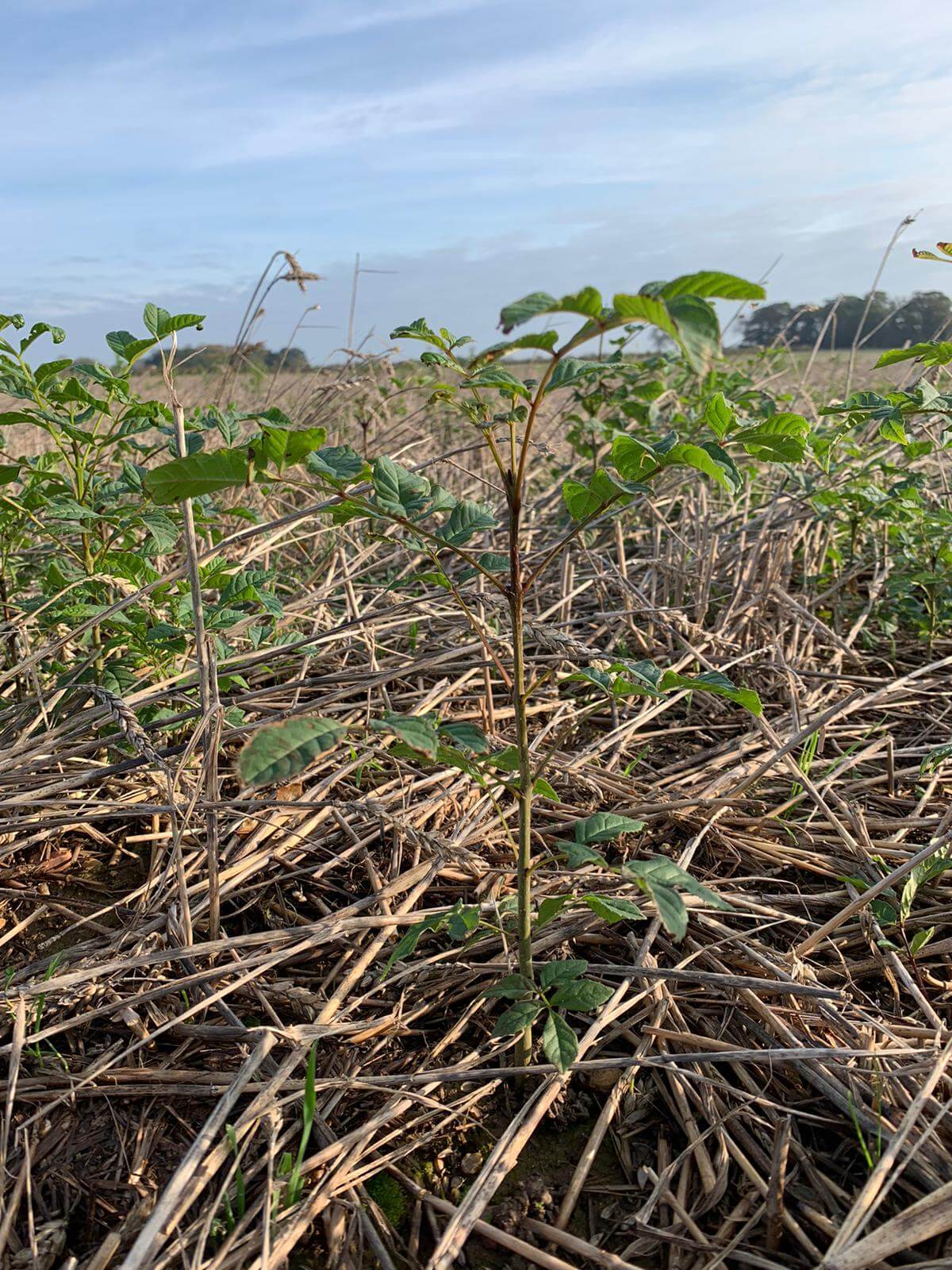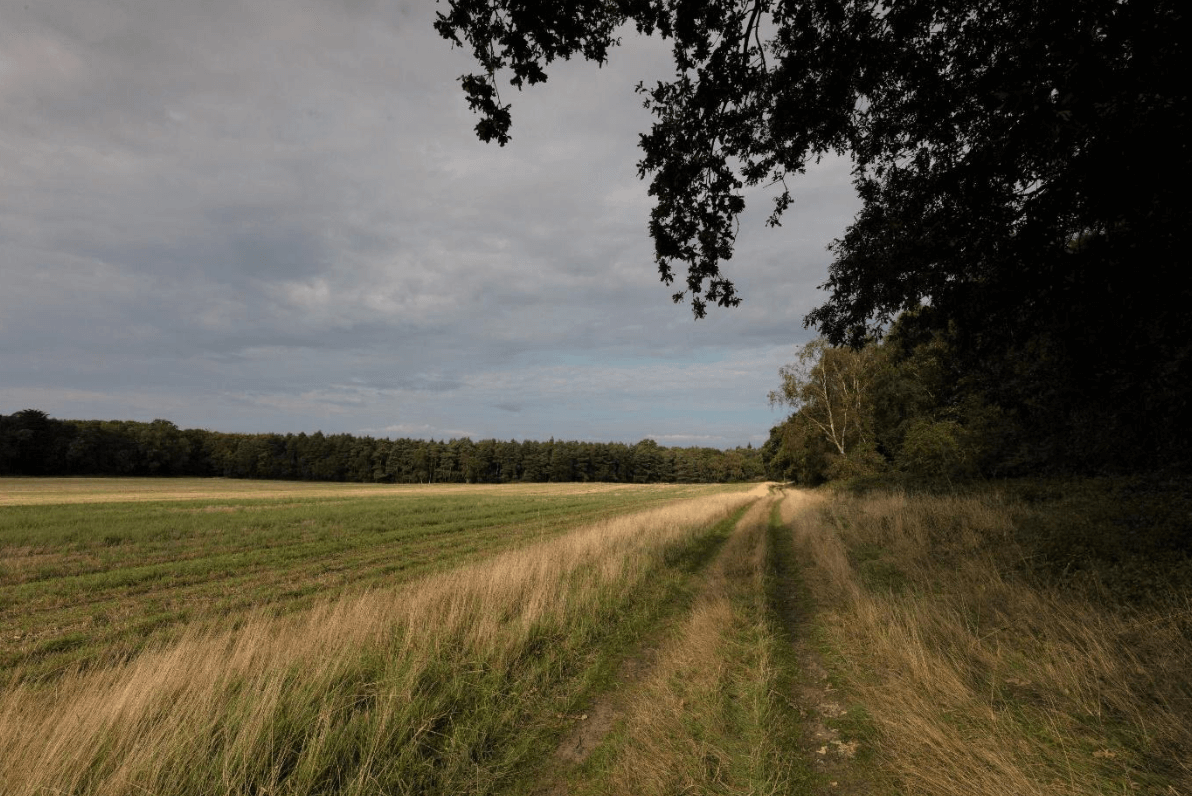


It’s mid-late August, and after several weeks of volatile weather, two combines are finally hoovering up the wheat in several fields in West Norfolk, just to the north of Snettisham beach. The Wash glints under the late summer sun in the background.
We can see the land is in desperate condition. Black grass is visible poking through the wheat. This is a very persistent ‘weed’ that prevents other vegetation, like crops, from succeeding. Beneath us is a sandy top soil that will blow away when the wind is up, and wash away when it rains, gradually losing its fertility.
Yet just adjacent to these fields there are freshwater marshes teaming with wildfowl, woods filled with songbirds, and heathland with rare plants and insects.
It no longer makes sense to us to grow crops here. We do not want to follow the harsh modern agricultural techniques required to make a profit any more. Nor do we fancy being so reliant on the farming subsidies we receive from the EU.
We will let the soils recover, the natural vegetation grow, biodiversity explode once more – we will let nature return
Instead, we will let this land go wild. We will let the soils recover, the natural vegetation grow, biodiversity explode once more – we will let nature return. Other projects around the UK – in particular Knepp in Sussex – have demonstrated the astonishing impact of this approach in improving biodiversity, and providing natural climate solutions like carbon capture and flood defence.

Our project is called Wild Ken Hill, after the forested hill in the centre of this area. Wild Ken Hill has been live since the start of January, but it is today that the farm machinery will motor up these fields for the last time, and today that feels like our fresh start.